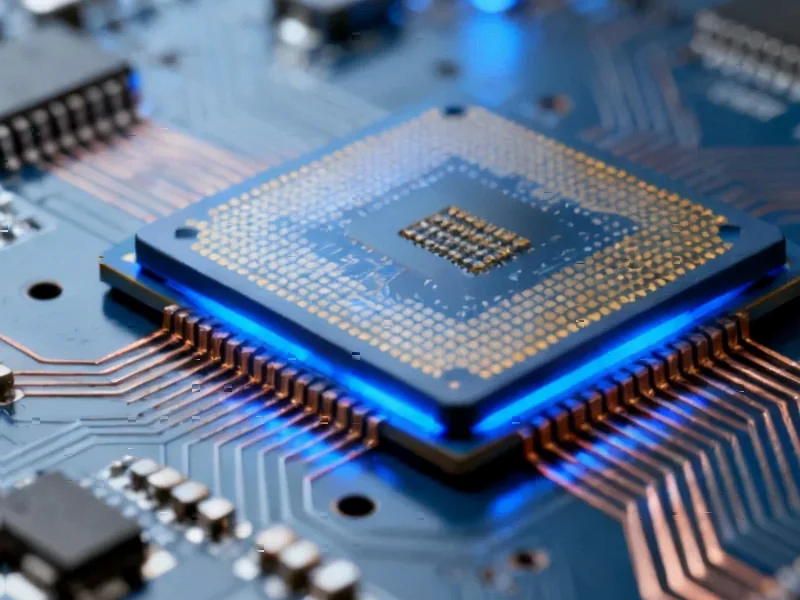According to Wccftech, President Trump has explicitly blocked NVIDIA’s Blackwell AI chips from being exported to China during a CBS News interview, stating “the most advanced, we will not let anybody have them other than the United States.” The decision comes despite recent US-China trade developments and represents another setback for NVIDIA CEO Jensen Huang, who has acknowledged that China revenue has dropped to zero and any breakthrough would be considered a “bonus.” The company is now effectively stuck with its Hopper H20 AI chip for the Chinese market, which reportedly isn’t gaining widespread adoption, costing NVIDIA potential “tens of billions” in revenue from what was previously a massive market for the company.
The Great AI Chip Market Realignment
This decision accelerates a fundamental restructuring of the global AI chip market that began with initial export controls. NVIDIA now faces the reality of permanently losing access to what was historically one of its largest markets for data center products. The company’s revenue diversification strategy must now focus entirely on non-Chinese markets, potentially leading to intensified competition in regions like Europe, India, and Southeast Asia where AI infrastructure development is accelerating. This creates both pricing pressure and innovation opportunities as NVIDIA seeks to replace lost Chinese revenue through aggressive expansion elsewhere.
China’s Accelerated Self-Sufficiency Drive
The continued restrictions are likely to accelerate China’s already aggressive push toward domestic AI chip development. Companies like Huawei, Alibaba, and Baidu have been investing heavily in their own AI accelerator technologies, and this latest blockade provides additional motivation and justification for their efforts. We’re seeing the emergence of parallel AI ecosystems—one Western-led with NVIDIA at the center, and another Chinese ecosystem developing indigenous alternatives. This bifurcation could ultimately lead to technological divergence, with different standards, software stacks, and performance characteristics emerging in each market.
Winners and Losers in the AI Chip Wars
While NVIDIA faces immediate revenue challenges, competitors like AMD and Intel stand to benefit from the vacuum created in markets where Chinese companies still need AI compute but can’t access NVIDIA’s latest technology. More significantly, cloud providers like Google, Amazon, and Microsoft—who operate globally and can offer AI-as-a-service to Chinese customers—gain strategic advantage. The restrictions also create opportunities for emerging chip architectures and startups focusing on AI inference rather than training, as these may face fewer export control hurdles while still addressing substantial market needs.
Strategic Implications Beyond Revenue
The Blackwell blockade represents more than just lost sales—it signals a fundamental shift in how advanced technology is treated as a national security asset. The explicit naming of a specific architecture by a sitting president indicates that AI chip export controls are becoming more granular and targeted rather than broad-based. This creates significant uncertainty for NVIDIA’s long-term product planning and R&D investments. The company must now navigate an environment where geopolitical considerations may permanently constrain its market access, forcing a rethinking of how it develops and deploys future generations of AI technology.




